State of College Sports: Do you agree with NCAA's efforts to secure federal reform?
College athletics is undergoing seismic change – with more upheaval on the horizon. From the ever-evolving NIL space to the incremental movement toward a potential employee model, to the NCAA’s forward-thinking reform proposal and its own uncertain future, the enterprise is in the midst of a revolution.
In recent weeks, On3’s reporting team conducted exclusive interviews with more than 50 leading college sports voices – commissioners, athletic directors, coaches, collectives, athletes, NIL and legal experts and others – to gather their insights on the most consequential issues.
STATE OF COLLEGE SPORTS: Congressional lifeline mission-critical for NCAA
As legal threats grow by the day and courts increasingly look askance at the NCAA’s model, the association is ramping up efforts to land a Congressional lifeline. The NCAA’s wish list includes a national NIL standard, at least limited antitrust protection, and a formal designation that student-athletes are not university employees.
For the NCAA, a federal reform bill is nothing short of critical.
We asked: Do you agree with the NCAA’s efforts to try to secure federal reform legislation? Is it needed?
Responses were lightly edited for length and clarity and are listed in alphabetical order.
Mike Aresco

College sports role: Mike Aresco is the American Athletic Conference Commissioner
“Are we going to have college sports run by Congress? Are they going to layer on a bunch of things that we don’t really want, or require us to do things we don’t want to do or can’t afford to do as part of a bill? Sure, transparency and guardrails and some antitrust protection would be welcomed, because we are getting sued over nonsense. We just have to stop that. College sports is not the candy store for these lawyers – that’s how they view it now. The other thing about college sports, it is a unique endeavor. I’m so tired of people saying, ‘Treat it like just a business.’ It’s not a business – has never been a business.
“Yes, there’s a lot of money flowing in. You have to have restrictions and limitations. If you have complete freedom of everything, you have chaos … NIL, we knew it would turn into this. That’s why there was no NIL for many years. Everyone could see what it might turn into. It’s turned into pay-for-play and has nothing to do with NIL … You’ve got the states really becoming far more aggressive in what they’re trying to do. And that’s where Congress comes in – give us some protection so we can pass national laws and not get sued.”
Charlie Baker
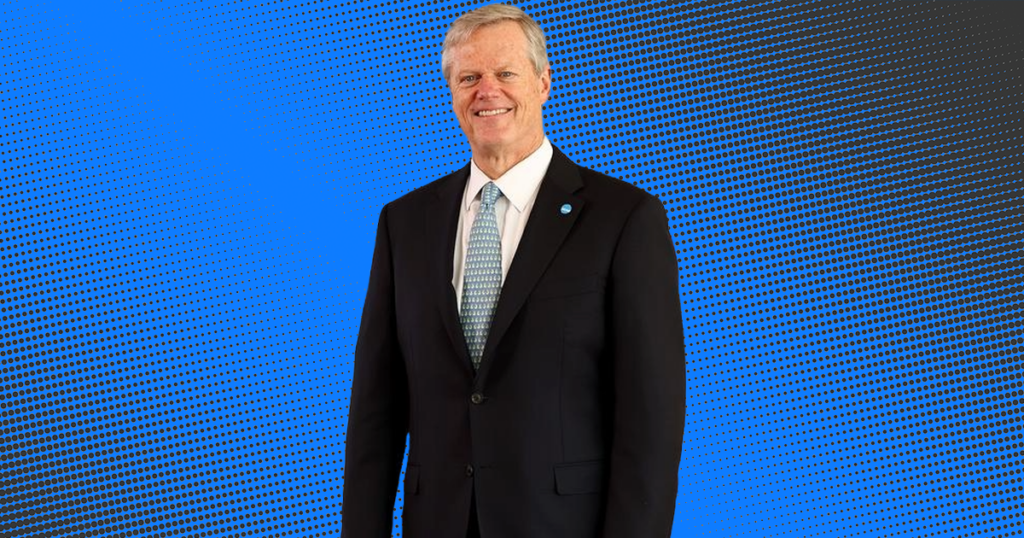
College sports role: Charlie Baker is the NCAA President and a former governor of Massachusetts
“The NCAA is advancing bylaws to improve outcomes for student-athletes who want to profit from their NIL and introducing new bylaws to clarify roles for schools in this space with votes expected in January.
“NCAA members also adopted proposals in April that will require schools to increase benefits for student-athletes, including providing mental health resources, life skills programming and scholarship guarantees. And the association recently launched a new program to cover athletic-related medical costs for all three divisions.
“The NCAA is making changes but there are elements outside the association’s control and that’s why there is an opportunity to partner with lawmakers. Right now, more than 30 states have introduced or implemented state laws that have different NIL rules. Only Congress can address that challenge and help set a national standard.”
Jason Belzer
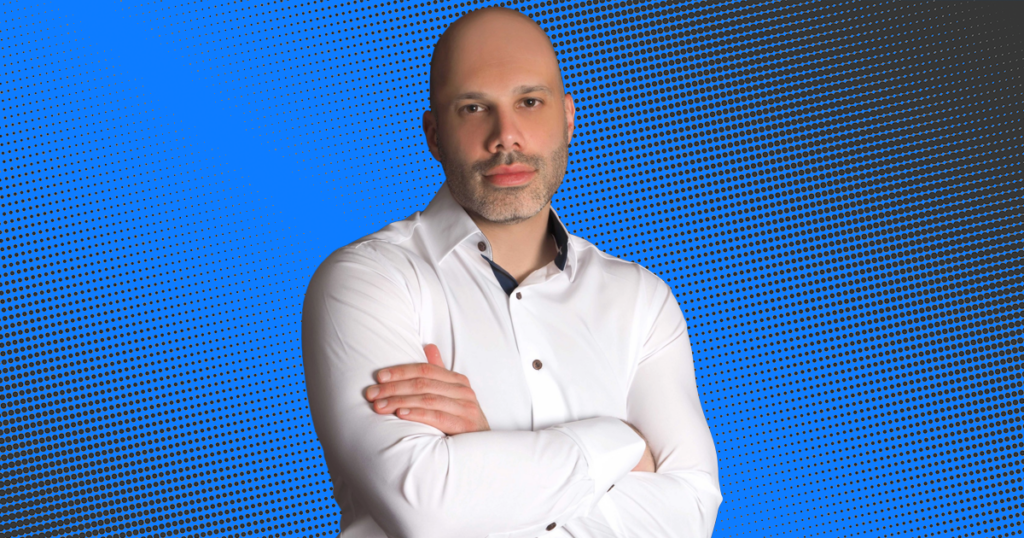
College sports role: Jason Belzer is the founder and CEO of Student-Athlete NIL, a company dedicated to helping brands, collectives, universities and student-athletes navigate NIL
“As a business strategist, I think sure, great, go for it. But I think the criticism is that you should be preparing for not having it, and they haven’t done any of that. Like, look at what happened in [House v. NCAA]. You could have settled. Instead, you’re going to get hit with terrible damages. Now you’ve basically dug your own grave. When was the last time the NCAA won any type of lawsuit?”
Ross Bjork
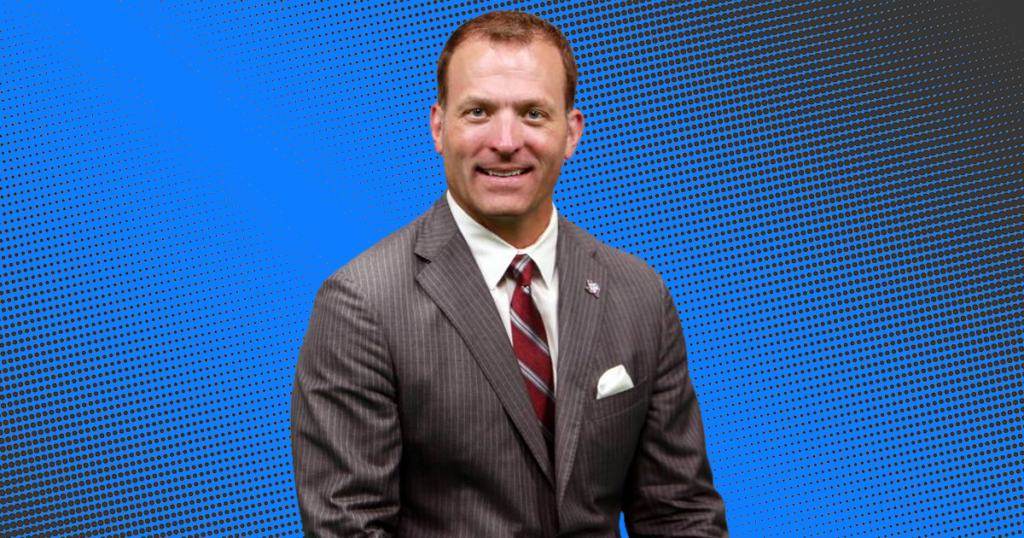
College sports role: Ross Bjork is Texas A&M’s athletic director
“Well, here’s the challenge of the governing structure of college athletics. There’s not a singular entity that has the sort of legal protection to govern, except Congress. The NCAA, every time we try to pass rules or legislate, there are legal threats. Conferences essentially have the same thing. Then you have state-by-state. Now we’re governing NIL state-by-state. We have state-by-state laws around employment, like Texas is a right-to-work state. There’s no collective bargaining. Other states have collective bargaining. So the structure of how to put all this together, is so diverse and divergent, that the only entity is Congress. Because if the NCAA were to put things forward, you’re back in a legal environment. Because we don’t have the protections.
“To me, Congress has to be the vehicle unless there are other protections given to the NCAA to put a model together. In my mind, we have protected amateurism for way too long. We held athletes back from real NIL opportunities when it would have been much simpler. Just think if we would allow video game interaction or allowed our athletes to be on a poster promoting the schedule and had the bank sponsor be able to be on the poster along with the athletes? We resisted the cost of attendance for years and years because of competitive equity.
“We didn’t adapt to adding more value to the scholarship as revenues have increased. We haven’t sat down with our athletes and asked them, ‘What do you want out of this experience?’ We’ve done a lot of this to ourselves, that’s why the only viable entity, good or bad, is Congress because there has to be now federal oversight to have any sort of uniform standards.”
Dan Butterly
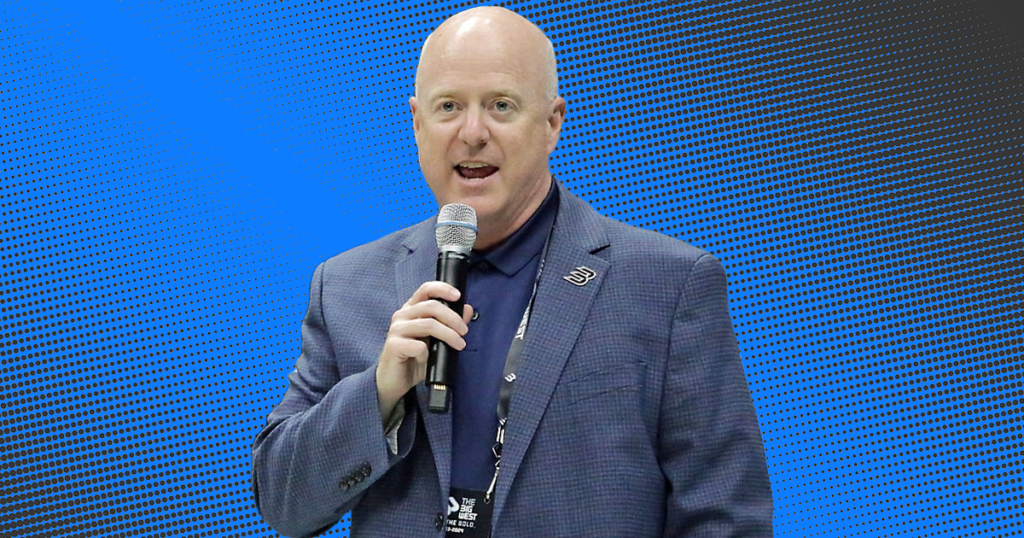
College sports role: Dan Butterly is the Big West Conference Commissioner
“I continue to work with Big West membership on the many issues facing the Big West regardless of whether a federal reform bill was to pass Congress, and the membership unanimously supported and agreed to be a signatory conference for the Coalition for the Future of College Athletics.
“I believe in competition. But it has to be fair and equitable competition across all 50 states. If we do not have rules that govern all athletes who compete against one another – like we are seeing with dozens of different laws governing NIL – it provides a significant hurdle for college athletics as a whole and may ultimately disrupt the entire fabric of the competitions.”
Chuck Carson
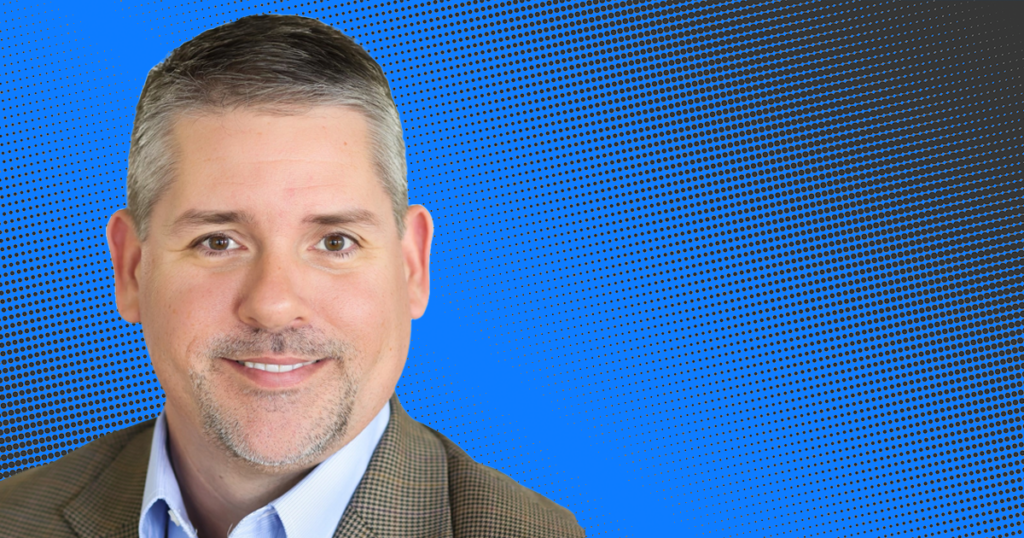
College sports role: Chuck Carson is the co-founder of Trojans Together Collective, a community-focused collective that supports athletes at Troy University
“I don’t. A little bit of that is just philosophy: I don’t like the federal government involved in college athletics. I don’t think anyone loves that unless you’re at the NCAA. I think they’re trying to preserve an amateurism model that’s been challenged in the legal system. And the courts have said, ‘It’s just not going to fly.’ And I don’t really sense that there’s that much of an appetite at the federal level to scratch the back of the NCAA on this.
“I am continually disappointed at how reactive the NCAA is. I would prefer that they would be much more proactive in their approach to a model that makes sense going forward and clears up so much of the uncertainty. They’re holding the cards to do that. They’ve got the hand to do it. And they can do it. But for whatever reason, they can’t seem to get on the proactive side of this wave that is cresting.”
Joe Castiglione
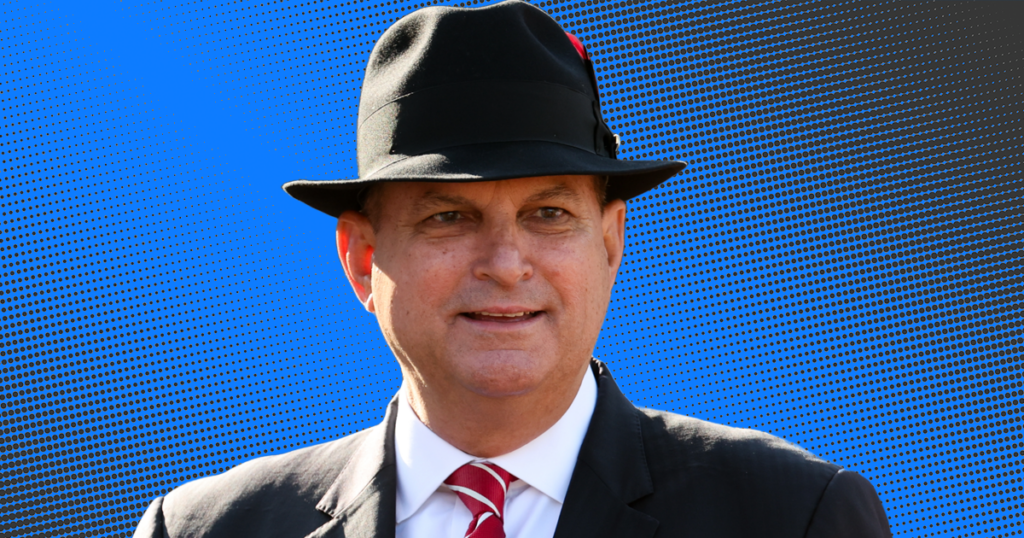
College sports role: Joe Castiglione is Oklahoma’s athletic director
“We find ourselves with a conundrum. Universities and conferences could and should be the ones to create a model but, because of the current climate, we’re absolutely limited in our capacity to come together as a group to forge a new structure.
“Without Capitol Hill action, we’re going to continue to be at the mercy of ongoing litigation or perhaps even new state laws that could eventually eliminate a university’s ability to fund broad-based athletics programs.”
Bubba Cunningham
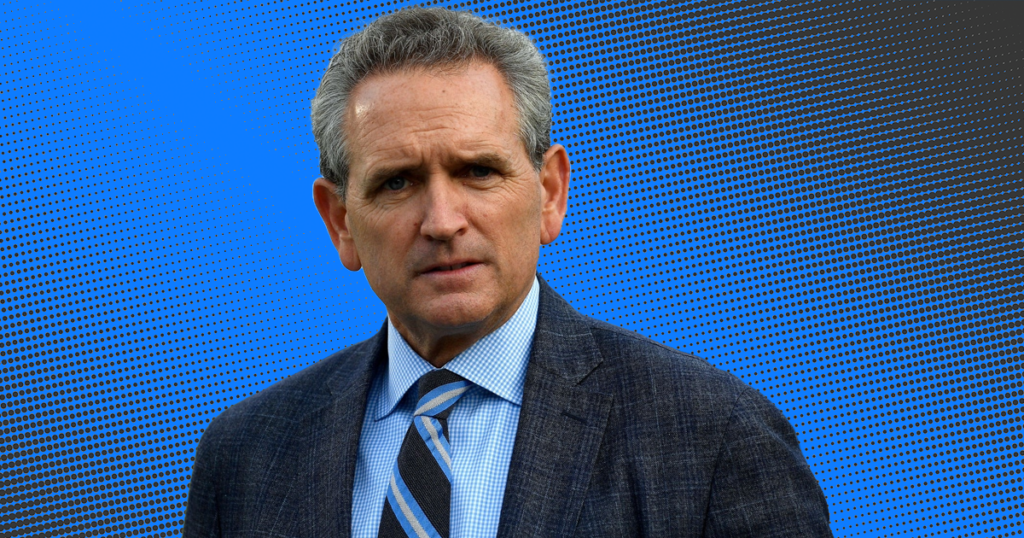
College sports role: Bubba Cunningham is North Carolina’s athletic director
“If the reform bill only focuses on NIL and trying to gain consistency across states, then it is woefully short of what we should ask Congress to consider. If Congress is interested in reforming sport, it should take a holistic look at youth, interscholastic, intercollegiate and Olympic sports and design laws and organizational structures that create the outcomes that we want as a country.
“Competing in athletics at all levels strengthens health, sharpens character and builds leadership skills in men and women of all races and socioeconomic backgrounds. We need to encourage participation, support the Olympic movement, facilitate great experiences and continue to provide broad-based opportunities across all levels of sport.”
Steve Hank
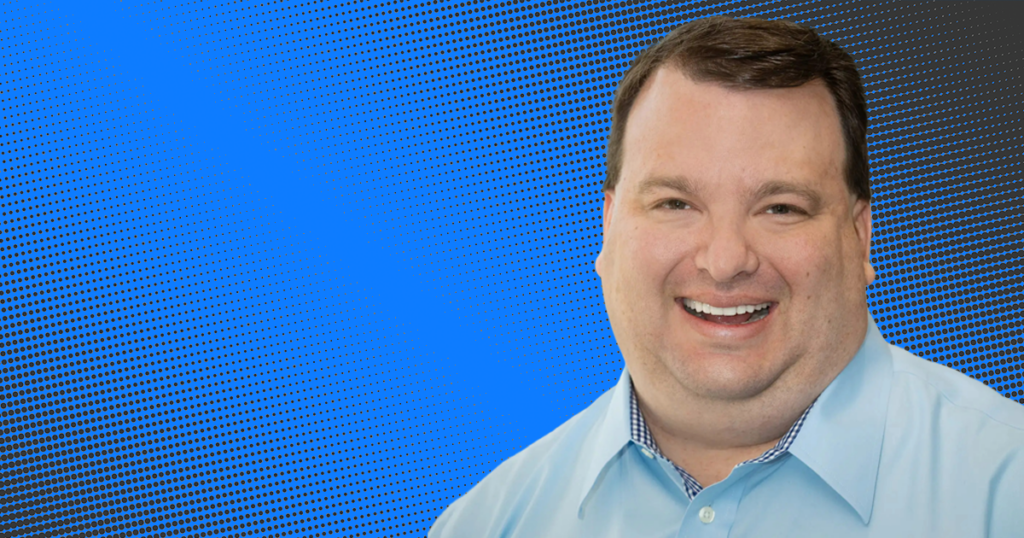
College sports role: Steve Hank is Executive Vice President of Collegiate Athletics at Affinaquest, a leading data management company in college sports
“I’m very, very skeptical anytime anybody wants to go to the federal government to solve their problems. But in this case, I think it’s absolutely necessary, especially for something like collegiate athletics.
“But when you’re dealing with something that has to be regulated across a multiple number of states, what federal legislation would do is really provide a framework that the states can’t mess with. And how do you have that if you have one state law in Alabama, another state law in Florida, and a third state law in California? And you have a student-athlete doing something that is legal in one, but not legal in another?
“How is that competitive balance? And the only way you’re ever going to get that type of consistency is by having it set by the federal government that comes in and says, ‘Hey, these are the ground rules.’ Now, should they get down into the nitty-gritty details? No, there needs to be a framework that is applied by the federal government that the NCAA or conferences apply that hammers out the fine details after the framework is handled at the federal level.”
Penny Hardaway
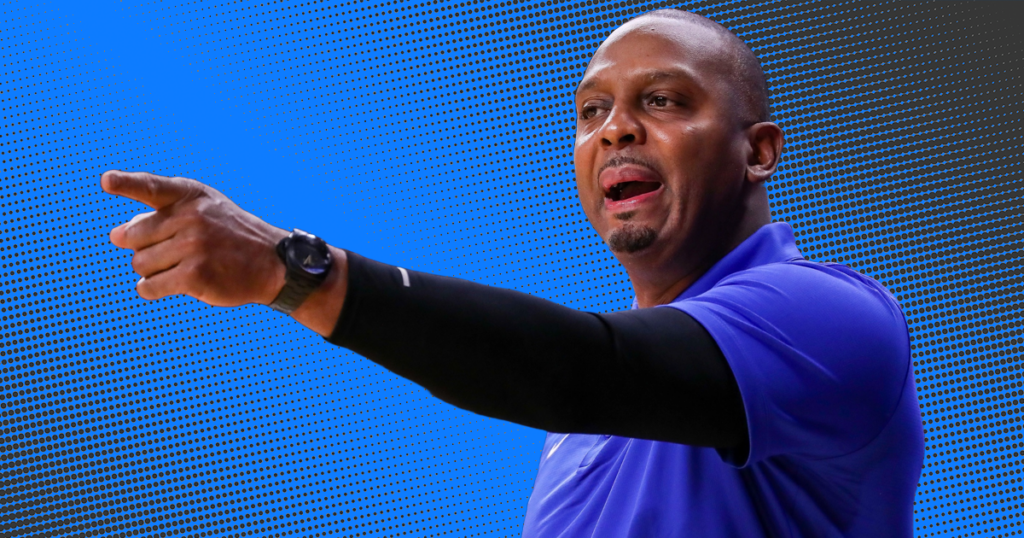
College sports role: Penny Hardaway is Memphis men’s basketball coach and a former NBA and college basketball star
“We need to handle our own business with colleges and the NCAA – not Congress. I think the presidents, the ADs, the coaches, if we could meet with the NCAA to talk about more of a 50-50 understanding instead of it being always 100% them, that would be better for everyone.”
Christy Hedgpeth

College sports role: Christy Hedgpeth is a former Stanford basketball player and President of Playfly Sports Properties, a sports marketing company with a portfolio of 25 universities and conferences
“Yes, a federal reform bill is necessary, especially as it relates to oversight of NIL. A national NIL standard that supersedes state law and an enforcement entity are needed to help preserve a level playing field.”
Darren Heitner
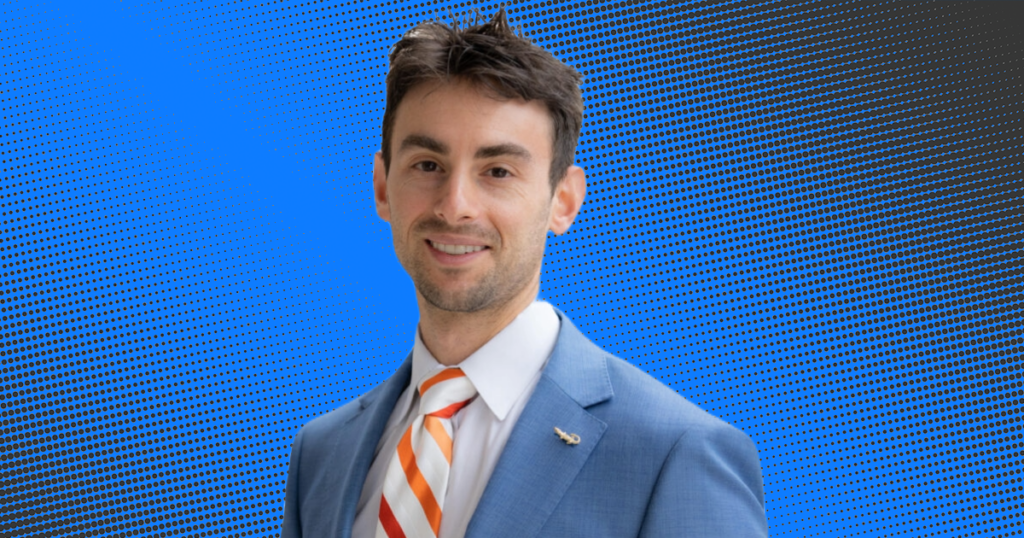
College sports role: Darren Heitner is one of the top lawyers in the NIL space
“It’s absolutely not needed. No, of course not. I’ve spoken on this issue ad nauseam. An individual’s right to publicity was derived roughly a century ago and emanates from an individual’s right to privacy.
“Roughly half the states in the union have codified such a right by statute. The other states have recognized based on case law that’s developed over time. There is no federal law when it comes to an individual’s right to publicity, which essentially is NIL as we’ve characterized it in the college space.
“It would be a bit odd to codify this right for college athletes, by the way, ignoring high school athletes where there’s obviously a real effort to make it allowable for all 50 states and D.C. It would be quite odd to provide such a right and, in fact, include restrictions, which is obviously what the NCAA is seeking, while ignoring the general populace, who have been governed by their respective state laws for up to the past century. No, it’s absolutely not needed. There’s no chaos in the marketplace … What it needs is an antitrust exemption, but I’m not in favor of that.”
Michael Hsu
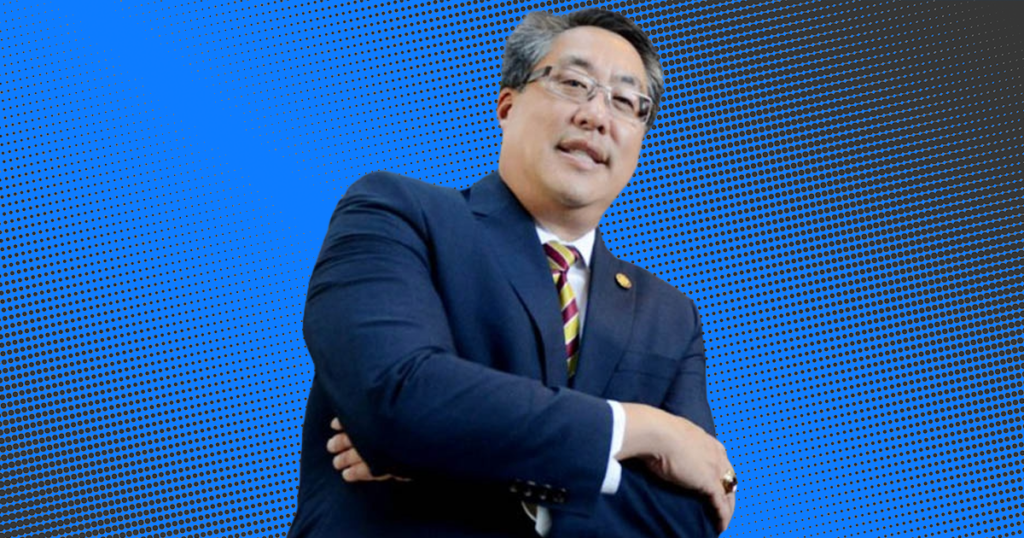
College sports role: Michael Hsu is co-founder of the College Basketball Players Association
“No, I don’t think it’s needed. It is laughable. They are making a fool of themselves every time they have a hearing. The courts are going to tell the NCAA what they’re going to do. They’ve already been determined to be antitrust violators. But they don’t seem to think that they’re antitrust violators. They continue to deny that. They don’t accept it. They try to change the system by changing the law.
“They want employees to be not employees because they want them to be student-athletes – quote-unquote – student-athletes who are unpaid and they want NIL to be ratcheted down. They want an antitrust exemption to do whatever they want. I don’t think it’s going to happen. So what are they going to do when it doesn’t pan out? Members will start leaving. I think it’s going to happen. The greedy presidents will say, ‘We’ve got to get ourselves out of this.'”
Sean Hughes
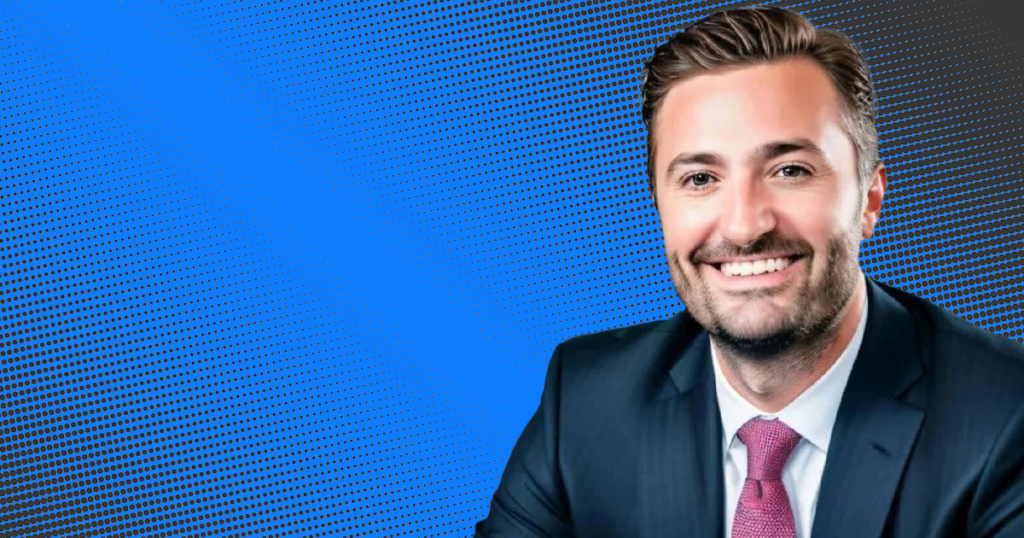
College sports role: Sean Hughes is co-founder and CEO of Athliance, a top NIL compliance solution
“Yes, a federal reform bill is crucial. The patchwork quilt of state laws creates an uneven playing field, making it challenging for institutions and athletes to navigate. Most notably, states like Texas and Missouri are effectively ‘boxing out’ the NCAA with state laws, thus creating an unfair advantage for their universities.
“It is also important to recognize the impact that college sports have on interstate commerce, which has nationwide implications. A unified federal framework, if crafted thoughtfully, could provide clarity and fairness, ensuring that all student-athletes, irrespective of their state, have the same opportunities and protections.”
Walker Jones
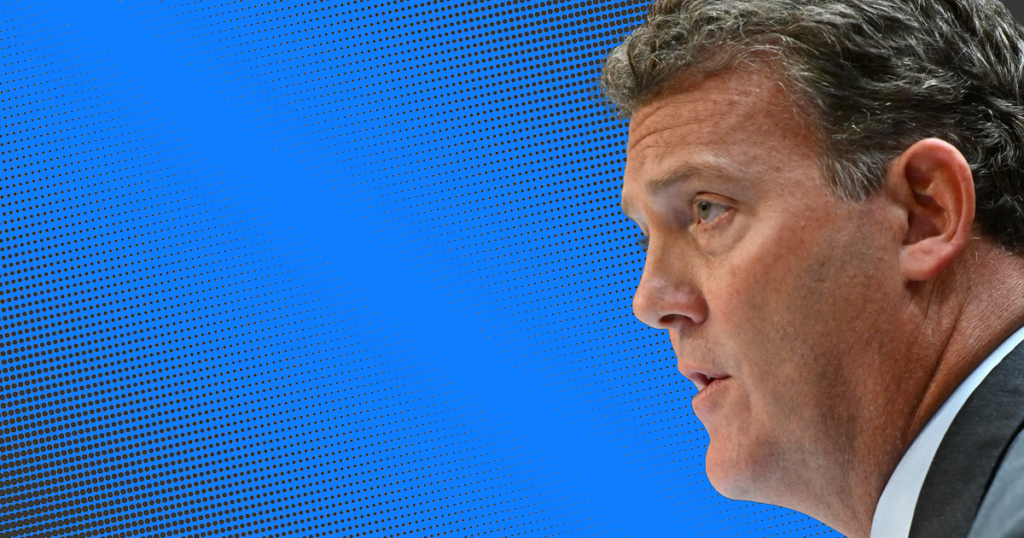
College sports role: Walker Jones is Executive Director of the Ole Miss-focused Grove Collective and a leader in The Collective Association who has testified in front of Congress
“I think it’s a mixed bag. I think in some forms, some of those things are needed. I have a hard time saying the NCAA is the one to do that. And this is no disrespect to Charlie Baker – he’s been on the job less than one year. I think it’s admirable what he’s trying to do. But he inherited an organization that through their ineptitude and inaction had lost all sort of trust and equity with the stakeholders in the collegiate space.
“And I just think that that’s where they’re going to run out of room. That is why I think some people are against the antitrust exemption. You are giving the organization that created a lot of these ills the power back, and the trust that they’re going to go fix it with the athletes’ best interests in mind when all they have done for decades is not have the athletes’ best interests in mind.
“That is not a shot at Charlie Baker. That’s just the reality of the perception of the NCAA now.
“I think they’re going to have a hard time getting that antitrust exemption because of decades of manipulating the marketplace. And so, therefore, I do think, and I’ve kind of said this for a while now, you almost have to carve off Power Four and say those Power Four conferences are going to take that reign over. And they are going to be the ones to manage their membership, manage their grant of rights, provide some level of a rev share, provide the oversight, the governance and enforcement for their membership – because you try to slot everybody into the same category and the challenges and the opportunities that we have at a Power Four school are different than the Group of Give or FCS or I-AA or Division III.
“And Charlie Baker has said that, ‘Look, we’re trying to govern everybody the same way – they’re not.’ We can’t paint everyone with the same brush. There’s not a one-size-fits-all model here.
“I really believe that’s where the Power Four can come together and create their own association that manages football and men’s basketball. They control the revenue. They control the commerce. And you have to handle them differently. To do that, you have to almost separate them from the herd and say, ‘This is what’s going to work for that group and this is who’s going to manage that.’ And then maybe the NCAA takes the rest of it and they manage those thousands of athletes that are competing at the FCS. Division II, Division III, NAIA level. And then you let the Power Four be the Power Four. I just think you’re going to run out of runway with an exemption for an organization as created, quite frankly, the issue we’re trying to fix now.”
Dan Lust
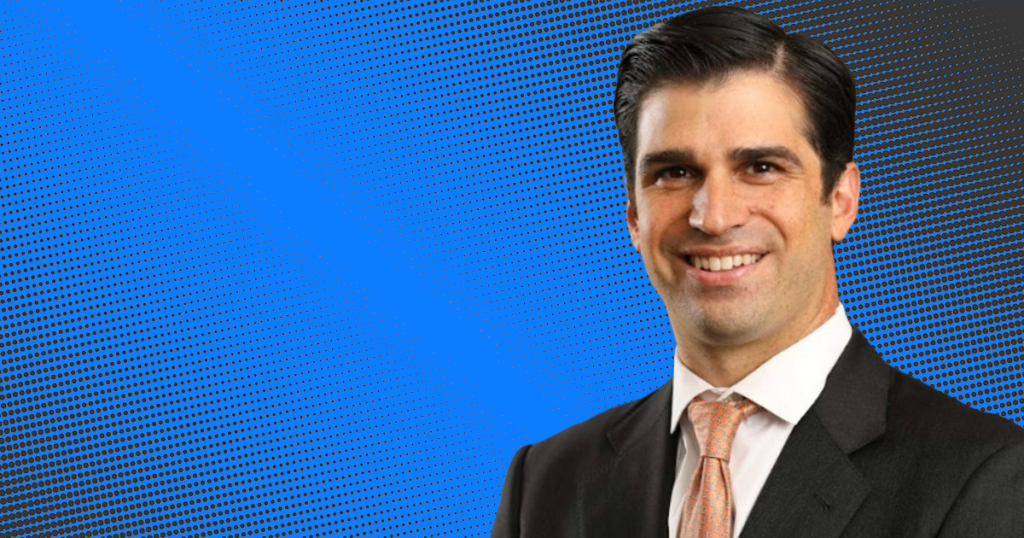
College sports role: Dan Lust is a sports attorney at Moritt Hock & Hamroff LLP and sports law professor at New York Law School
“I think they have to do something. I think in their mind, they have to be doing something. They could just sit back and do nothing. But they really have one of two options. They could create their own comprehensive rules – NCAA NIL regulations and police them to make sure they’re being enforced. Or they could find a third party to create those types of rules for them and have them enforced outside of the NCAA structure, which is what they’re doing with the federal government.
“In years past, the NCAA had their own rules strictly enforced, whether or not those rules – like it was never illegal to pay college athletes, it was under NCAA rules. The NCAA seems to want to use the federal government as a shield. And if you’re just weighing all the different daggers pointed at the NCAA, I think a federal law gives them some cover. I certainly don’t blame them for trying. I think that of a number of not-great options, that’s one that seems to make sense for the NCAA.”
Heather Lyke
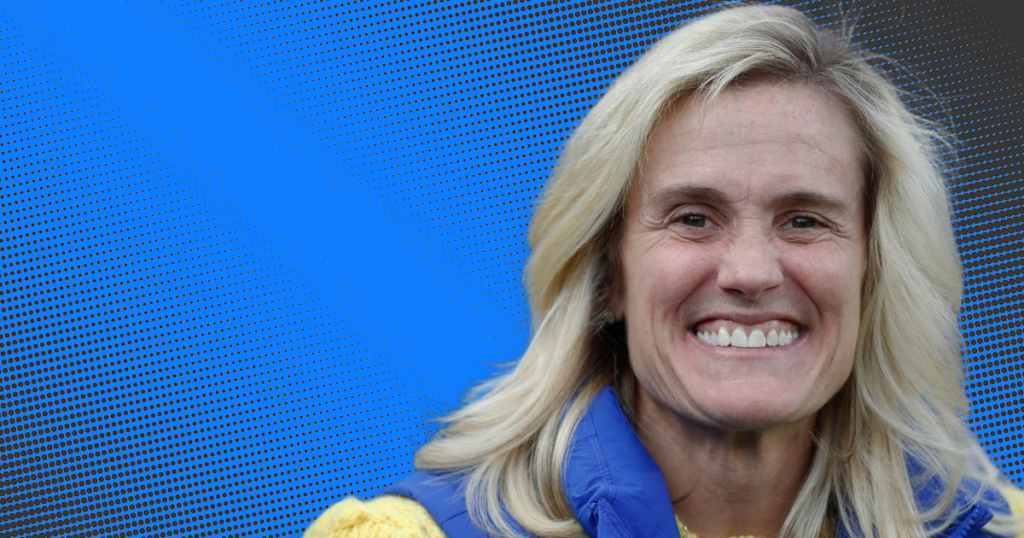
College sports role: Heather Lyke is Pittsburgh’s athletic director and an ACC representative on the NCAA Division I Council
“Ideally, it’s a great effort if it comes with antitrust protection. It has to. Otherwise, it’s just the next thing. There is too much at stake. Past earnings, future earnings – all of it. It’s really important to get a bill and to get antitrust protection. Keep kids as students and protect all of college sports. If we start paying them, Division II and III [are at risk], and how do you even keep all of Division I together? So many people couldn’t afford it.”
Tom McMillen

College sports role: Tom McMillen is a former U.S. Congressman and current CEO of LEAD1 Association, which represents the athletics directors of the 133 member universities of the Football Bowl Subdivision
“We need a federal standard on NIL. What’s happened is NIL has become a smaller issue here. The NCAA is trying to seek a non-employment codification. If they get that, it would be the trifecta, incredible if they can pull that off. I just think the Democrats are not going to jump ahead of the courts on that issue, even though the college sports committee would like them to.
“There may be another battle down the road on that issue. And I think Charlie Baker has done a phenomenal job. The fact that he has a real positive view by a lot of these Democrats who were extremely hostile to the NCAA, I think he’s done a great job. So I do think they need to secure a federal bill. You can’t have 50 state standards.”
Jacqie McWilliams Parker
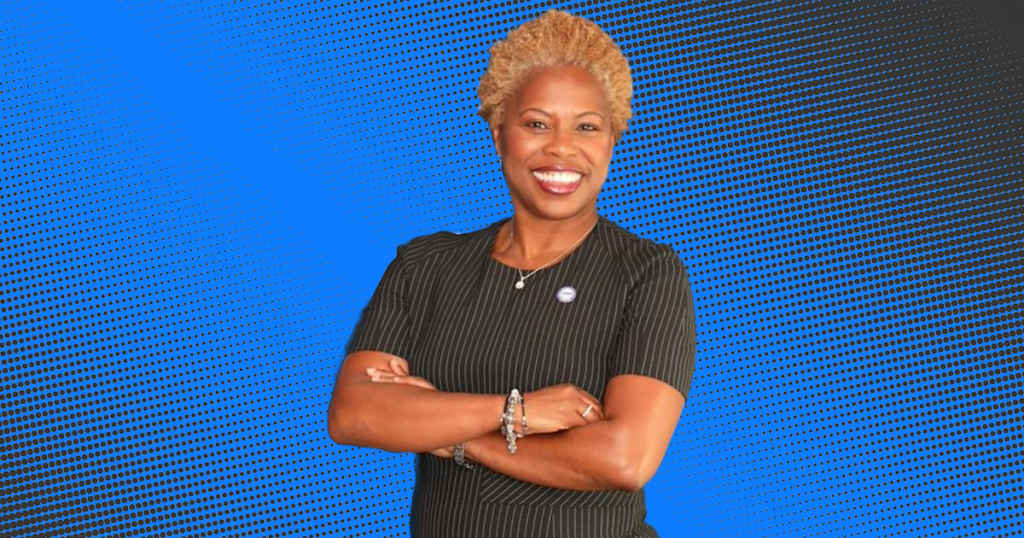
College sports role: Jacqie McWilliams Parker is the Commissioner of the Central Intercollegiate Athletic Association, which mostly consists of historically black colleges and universities
Top 10
- 1Breaking
Heisman Trophy
Best player in CFB crowned
- 2Trending
Heisman Voting
Final vote totals released
- 3
Michigan Athletic Dept.
Full investigation commissioned
- 4Hot
Kenny Dillingham
Nearing extension with ASU
- 5
Michigan Coach Search
Three names to watch
Get the Daily On3 Newsletter in your inbox every morning
By clicking "Subscribe to Newsletter", I agree to On3's Privacy Notice, Terms, and use of my personal information described therein.
“I do [believe it is needed]. And I wouldn’t have if the NCAA, including myself – I was a member of that committee – if we would have been more progressive and more assertive in putting something in place that would allow our student-athletes to have name, image and likeness. But some states got ahead of us. We put some guidelines in. Division II and Division III already had permissible NIL opportunities for our student-athletes. Division I did not.
“Division II probably could have been a great model for Division I, at least for all of us as a template, because we had already passed rules for our students to have access to modeling. But it was something that allowed them to receive payment for their name, image and likeness. Division I was still kind of battling that, I guess, within their own legislation and rules. But because of that, I do think that we have got to get some legislation that will get us on an even playing field across our states, that at least will put some guidelines in that will support and make it not so complicated for our institutions to try to manage.”
Michelle Meyer
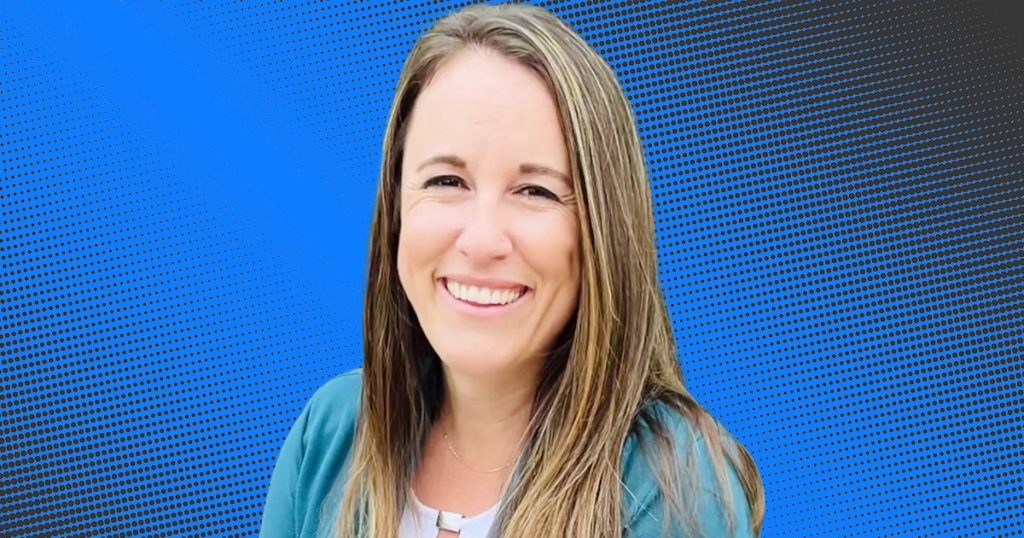
College sports role: Michelle Meyer is the founder of NIL Network, which provides education and strategic guidance to advance NIL
“I think that there could be some benefits from just alleviating some confusion in the space. Actually, I think a lot of that confusion is not even – like, that’s what they cite a lot like, the state laws being all over the place – it makes it confusing for brands and businesses to get involved. I think that’s kind of more of a talking point … I think it’s a slippery slope. Should Congress get involved? I think our government is too far separated between Democrats and Republicans and what they want in a bill like that. And also coming up again is election season, I feel like it’s almost Groundhog Day from the end of 2021.”
Gloria Nevarez
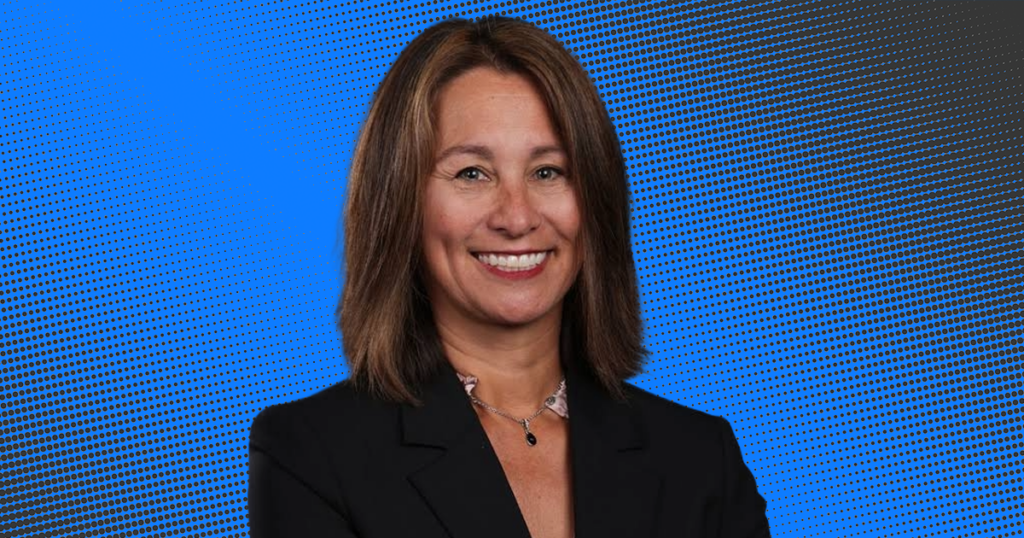
College sports role: Gloria Nevarez is the Mountain West Conference Commissioner
“Yes and yes. I feel like there are two pieces – one, level-setting state laws. That’s an important piece. Because this organization does go across states and having to navigate all the different laws that change to provide the schools in their states advantages definitely is not on-mission. The second piece is the ability, safe harbor, whatever you want to call it, to create national rules that can get our arms around pay-for-play. I would like to see us regulate that. But in order to do it, I think we do need some federal protection.”
John Rhys Plumlee
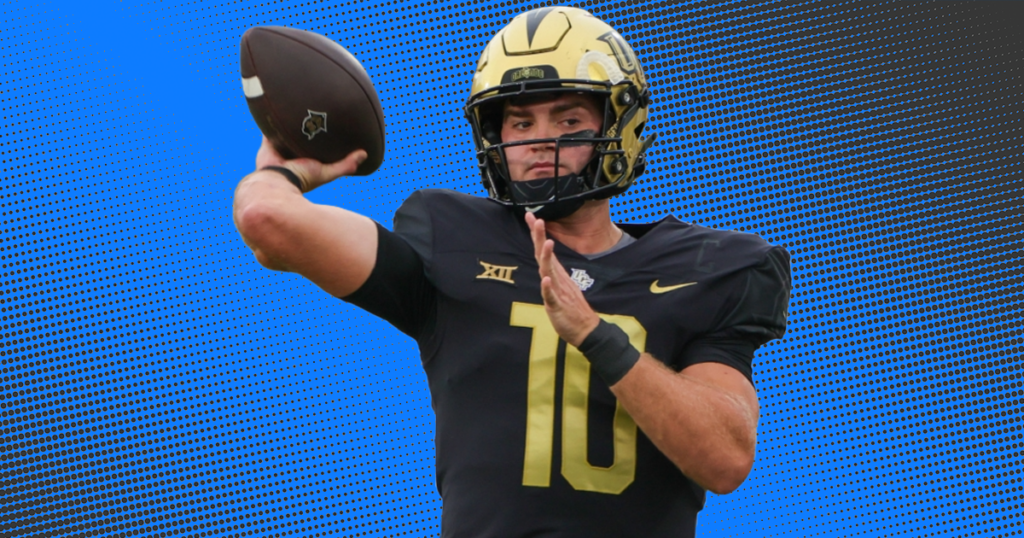
College sports role: John Rhys Plumlee is a quarterback at UCF with a long list of NIL agreements with top brands
“There has to be some sort of regulation. I don’t think it can just be Wild Wild West, in a sense, but no matter what you do you’re going to step on somebody’s toes. I don’t know what the correct answer is.”
David Ridpath
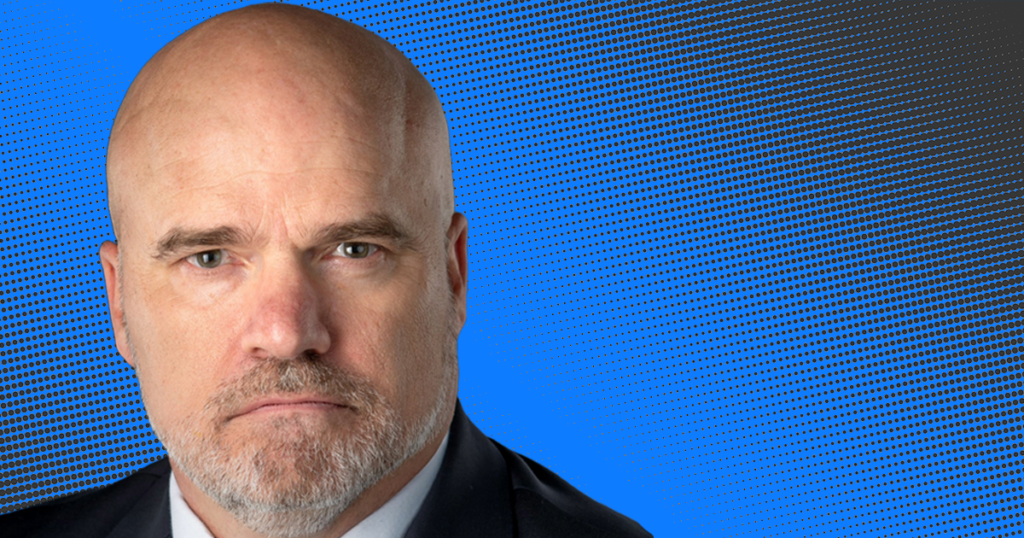
College sports role: David Ridpath is a professor of sports business at Ohio University who has appeared before numerous Congressional committees regarding college athletics
“I am not against it, per se – but I think their strategy is misguided because they are looking for antitrust protections and the best way to mitigate that is to negotiate directly with the players. Instead of looking at ways to standardize NILs that can limit bad actors, the NCAA is only looking to protect itself and keep money away from the athlete, rather than being proactive to eventualities of sharing revenue. The NCAA can use Congress to help it limit spending, which is another way that money can go where it should – to the athlete.
“Why hasn’t the NCAA asked for a limited antitrust exemption to limit spending on recruiting, facilities, and salaries? We have ranges for faculty members and administrators, but there is nothing for coaches because they exist in an artificial, inflated market where labor is not paid.
“Yet, if we want capitalism – then it needs to be for everyone. Congress can be helpful, but the NCAA is going at it the wrong way because they are trying to hold to an antiquated model that does not work – if it ever did.”
Greg Sankey
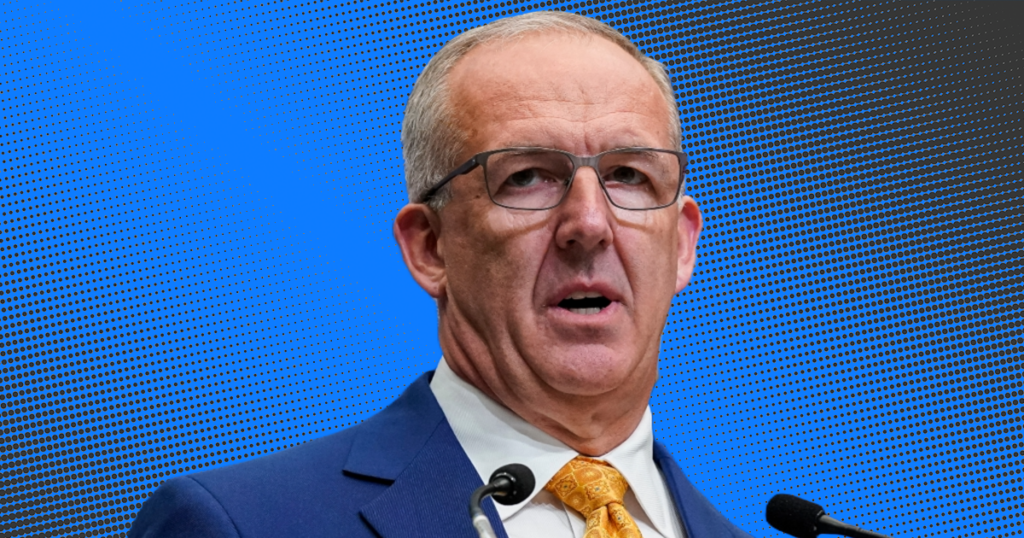
College sports role: Greg Sankey is the SEC Commissioner
“The reality is that the array of issues provides Congress, or results in Congress, being the venue that can fully address the challenges that currently face college athletics. Take the state issue. So states have clearly shown they’re going to adopt different laws and different approaches, they’re going to bar enforcement, they’re going to lack oversight. The NCAA is not in a position to put institutions in conflict with state law, in my estimation. The courts can do certain things but can’t provide a comprehensive resolution. And so whether congressional action is achievable is going to be debated. But that’s a venue that can resolve the array of issues.
“And that includes making sure we support the right kinds of educational opportunities, that there are equitable opportunities for men and women. And I think that’s important from an Olympic standpoint. Our programs provide the Olympic development structure in this country, not the federal government, not the state government. So things like providing medical care, nutritional support, mental wellness support and counseling, academic guidance, launching into a career, we do all of that, and we’re more than happy to engage in conversations about that. And I think that’s part of all this being a nonpartisan reality.
“We need a nonpartisan solution. Opinions around the likelihood of Congress acting aside, we’ve got a responsibility to engage in that venue given the complexity of what’s now in front of us and decisions not to do certain things in the past.”
Steven Simmons
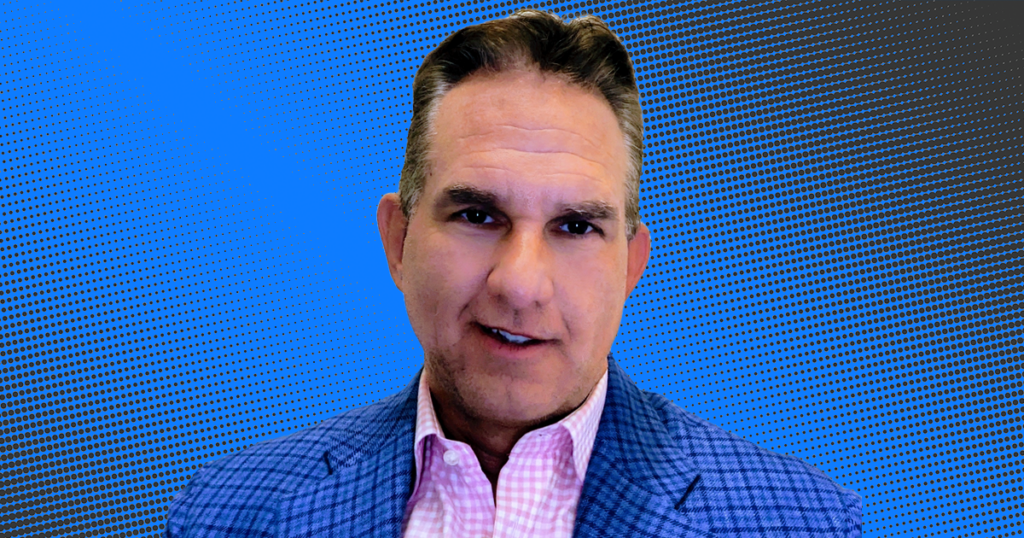
College sports role: Steven Simmons is the chief operating officer and co-founder of NIL Enterprise Solutions, which is focused on providing student-athletes with meaningful real-life education and career transition skills
“Contrary to the prevailing thought in NIL land, we do believe there needs to be some form of federal reform around NIL. While it is impossible to codify a set of rules that will create parity among P5 and non-P5 schools, it would be useful to have an established baseline that works for every university in every state. Starting with a level playing field to prevent ‘one-upmanship’ or ‘gaming the system’ would have prevented issues such as Quinn Ewers signing with Ohio State and then immediately heading back to Texas once Texas refined its NIL laws.
“Establishing baseline education requirements around financial literacy, mental health well-being safety measures, and requirements for NIL agents to be registered is the barest minimum to ensuring the protection of the athlete’s best interests. A federal bill doesn’t have to become an overlord that prevents the athletes from earning their fair share, nor does it have to give the universities any additional draconian rights to interfere with or negotiate any type of sponsorships.
“A federal bill could also impose a unilateral form of sanctions or penalties for athletes, universities, collectives or any other entity that intentionally circumvents established rules – especially recruiting violations.”
Julie Sommer

College sports role: Julie Sommer is the Executive Director of The Drake Group Education Fund, whose mission is to ensure that the promise of college athletics is realized for all stakeholders
“One hundred percent needed. The NCAA of course opposed federal reforms until the Alston case forced them to the table. But we need them to be part of the solution, and President Baker is clearly committed to beginning a new chapter with newly defined roles.
“At the very basic level, the NCAA should advocate for fair national standards for athlete compensation and accountability, fight for Title IX equity and preservation of women’s and Olympic sports, be a voice for the long-term health and well-being of athletes, and create a level playing field with checks and balances that ideally reflect near-term Congressional action.”
Jason Stahl

College sports role: Jason Stahl is the founder of the College Football Players Association
“No. And I said that when I testified [in a Congressional hearing]. We’ve had tons of great conversations with representatives, their staffs, with senators, their staffs, and I am not someone who is against reform-minded legislation. Absolutely not. And so if we’re talking about health and safety, I can think of 1,000 different examples where I’d be open to this conversation.
“The problem is, you and I both know what the NCAA is seeking – they’re seeking to roll back the clock. ‘Ah, we had to abdicate some power here and just can’t stand it.’ And so they want their antitrust exemption. They want, oh, ‘special classification for the student-athlete.’ We’re not in favor of any of that and I don’t think any of that is going to happen.”
Jon Steinbrecher
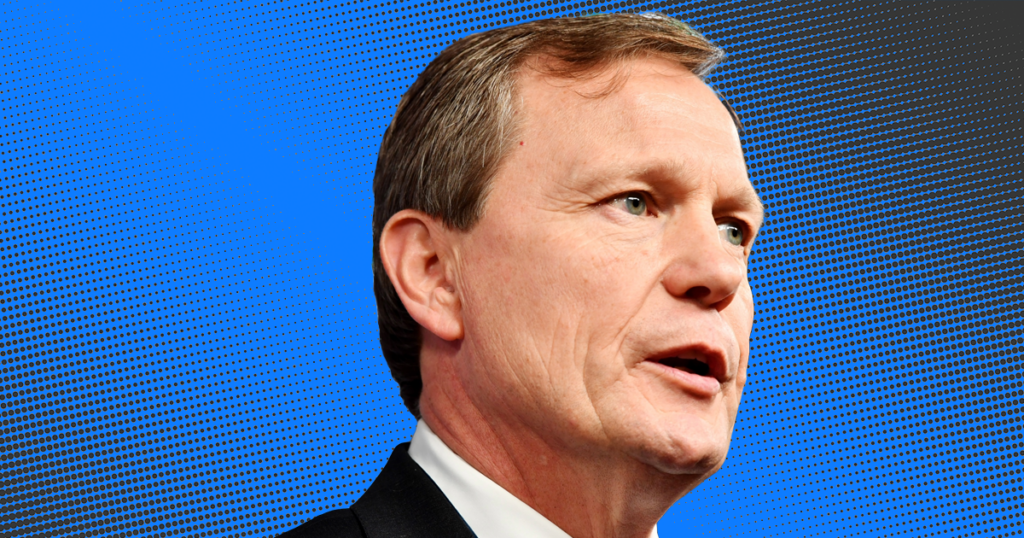
College sports role: Jon Steinbrecher is the Mid-American Conference commissioner
“We’ve been engaged in talking with the various parties that are drafting bills, and we’ve been appreciative of the fact that they’re reaching out and asking for feedback. There’s clearly interest in this, and they recognize that this unregulated space is maybe not – I don’t know if it’s not sustainable – but it’s fraught with peril for a lot of reasons. And so certainly from a consumer protection point of view, it makes sense to put some guardrails around this.
“I don’t want to inhibit a student-athlete’s ability to monetize their name, image and likeness. Bless them, if they can do that. But I do want to make sure that this isn’t used as an inducement, that they’re not getting taken to the cleaners by unscrupulous agents, and that they’re doing the things they need to do to protect their back-end rights. It is regulated on a state-by-state basis right now. We let that get away from us. Shame on us. Here we are. And so we have to figure out a way.”
Ayden Syal
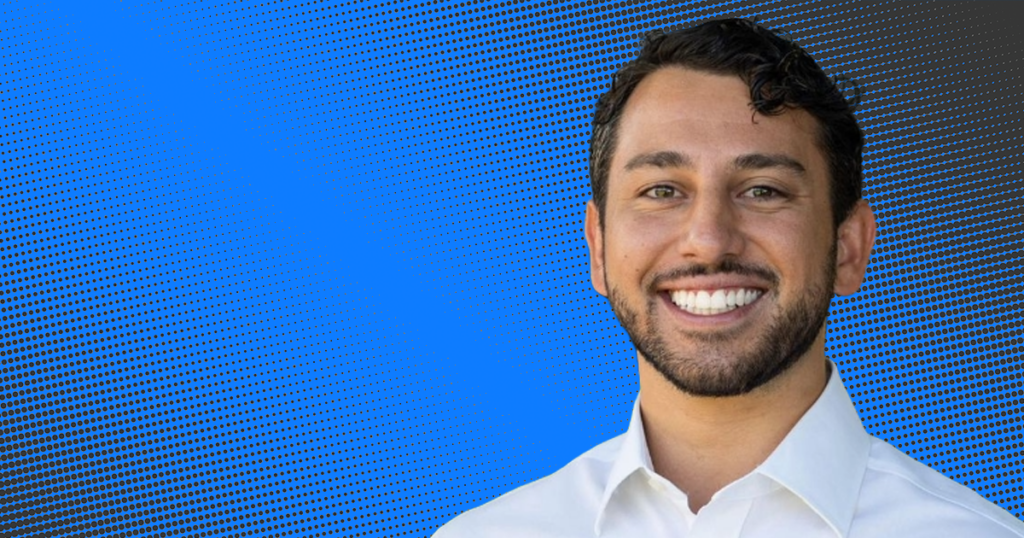
Current college sports role: Ayden Syal is the CEO and co-founder of MOGL, a leading athlete marketplace and NIL operations software provider
“A national uniform standard for name, image, and likeness would, in theory, help to prevent a race to the bottom for athletic departments and protect athletes, especially those who compete in sports that run the risk of losing their athletic programs in the current model. Things we would like to see in such a bill include scholarship guarantees and enhanced transparency in reporting, assuming a revenue sharing model.”
Thomas Thomas Jr.
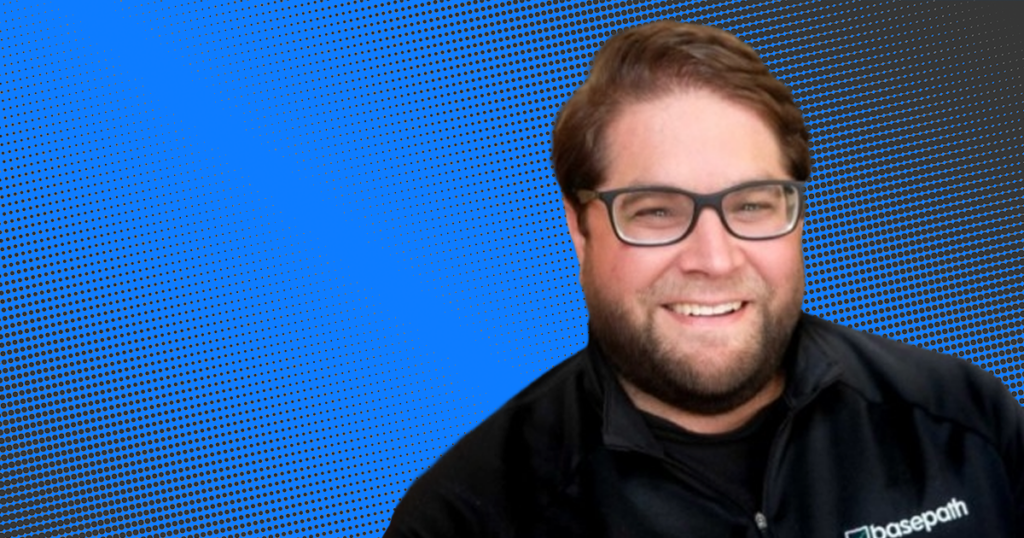
College sports role: Thomas Thomas Jr. is co-founder and CEO of Basepath, a platform that automates NIL deals for student-athletes, athletic departments and brands
“For the industry, I think it’s still a bit of a mixed bag and you have pros and cons for Congressional involvement for the key stakeholders involved – NCAA, universities, and student-athletes. You’re already starting to see people speculating on what the world of college athletics could see without Congress – potential splits in divisions/conferences, a football rev-sharing model, an employment model, etc.”
Mit Winter
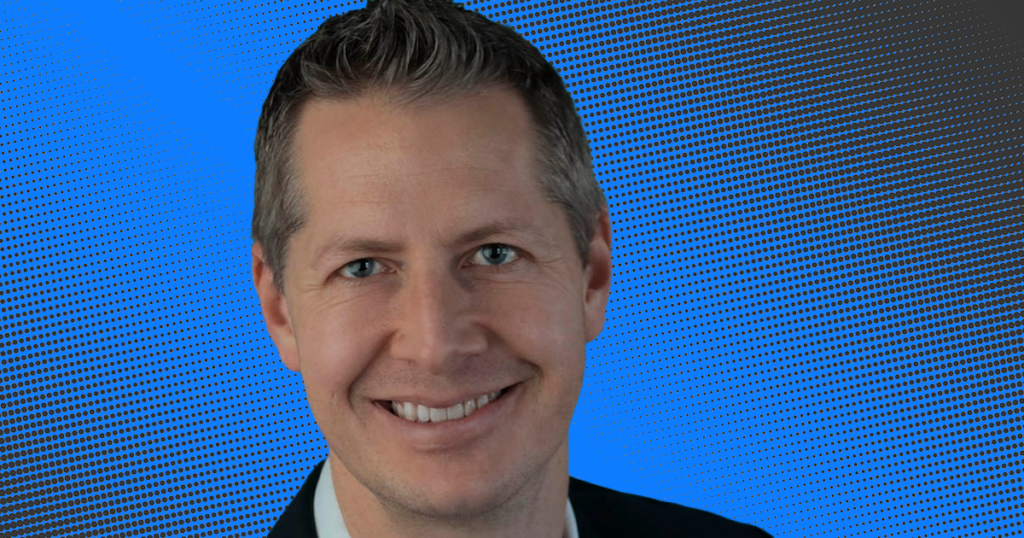
College sports role: Mit Winter is an NIL expert and college sports attorney at Kennyhertz Perry
“No, I don’t agree with the effort for a number of reasons.
“First, it’s not transparent. It’s being sold publicly – and probably behind closed doors to an extent as well – as an effort to protect college athletes’ access to NIL opportunities. But the real reasons for seeking a federal law are to prevent college athletes from becoming employees – so there is no revenue-sharing with athletes – and to provide the NCAA with an antitrust exemption.
“The antitrust exemption is being sought so that the NCAA can continue to unilaterally restrict athlete compensation and other things such as player movement. After Alston and with House looming, the NCAA [knows] those types of restrictions are likely illegal and wants to have them blessed by the federal government.
“Second, the bills being sought by the NCAA aren’t in the best interests of all college athletes. Many college athletes would benefit greatly from being employees and from being able to directly share in the massive amounts of revenue that wouldn’t exist without them.
“If there is an effort to pass a bill that only addresses NIL – such as the College Athlete Economic Freedom Act introduced by Senators [Chris] Murphy and [Lori] Trahan – I would support that. But the other college athletics bills that have been introduced would not be good for all college athletes, especially those generating the vast majority of the revenue fueling the current college athletics model.
“I also don’t think an NIL-specific federal bill is needed. Everyone else in the United States has their NIL rights governed by state law and they get along fine. We don’t need a federal law that only governs college athlete NIL. In my view, it’s just an effort to place more restrictions on college athletes’ ability to be compensated. It would be easier and more realistic just to eliminate those compensation restrictions.
“On the college athletics reform piece, absent any comprehensive plan coming from the NCAA that is fair to the athletes, there is no reason for a federal law there as well. Market-based solutions and plans that operate under current laws can solve the legal issues currently facing college athletics.”
Tom Wistrcill
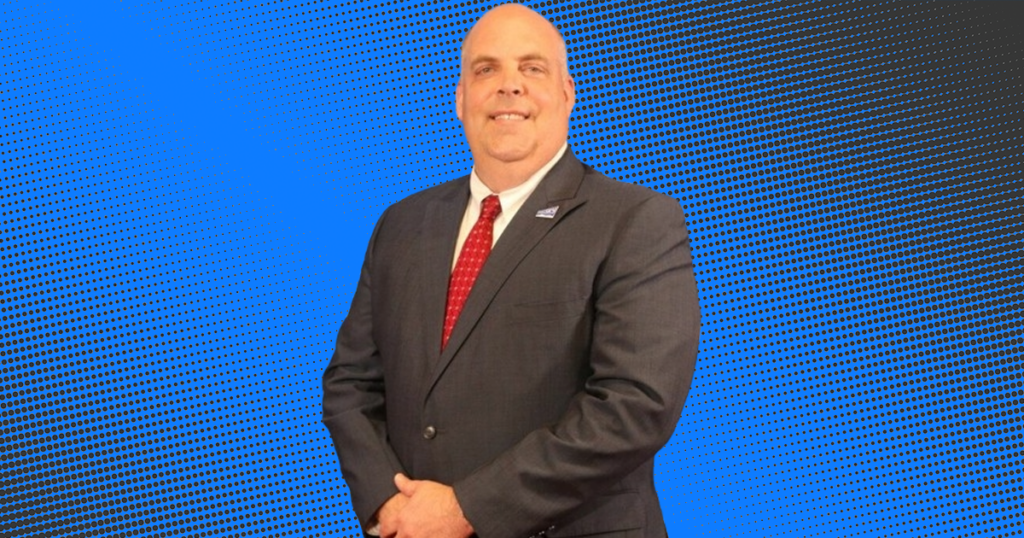
Current college sports role: Tom Wistrcill is the Big Sky Conference commissioner
“Yes, it is absolutely needed. We need a federal law to clear out all the different state laws that exist so we can have some standard for all D-I Schools. Also, we need some antitrust protection, or the lawsuits will become overwhelming, and schools will start dropping sports because the revenue from the conference media deals will all go to legal fees and settlements.”
On3’s Jeremy Crabtree, Pete Nakos and Eric Prisbell contributed to this report.